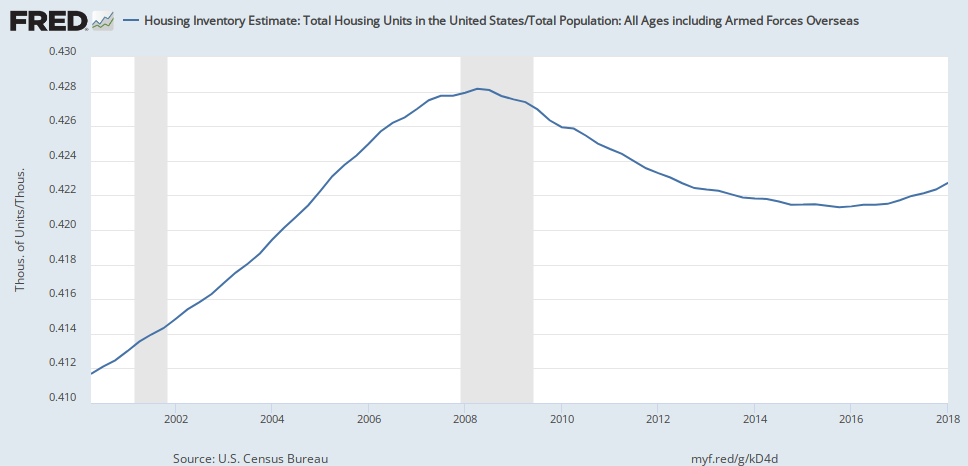Mach
DP Veteran
- Joined
- Oct 13, 2006
- Messages
- 27,745
- Reaction score
- 24,087
- Gender
- Male
- Political Leaning
- Slightly Liberal
Generally I agree that hitting big finance first, is probably best for the vast majority of Americans. The Financial sector is basically an organized effort to game people out of money, through high IQs, incredibly sophisticated AIs that you have no hope of beating, let alone trying to engineering as a laborer, etc. And what does it do for us? Mostly nothing. Some finance is good, some adds value...but nothing even approaching the enormous industry we have. Limiting immigration or birth rate...isn't our GDP basically reflective of our population growth rate? Seems like the entire economy is based around borrowing on tomorrow's earnings in a way. Kind of out of my depth here, but I think you know what I mean.I totally agree here. So how do we start fixing this through policy? I've talked about raising taxes on unearned income, which is basically a wealth transfer from poor (those who pay interest) to rich (those who collect interest). Arguably limiting immigration would also help. This is the same principle as labor unions that set up a closed shop. If you limit the pool of labor, wages have to go up.
Currently though, we have an incredibly strong right wing propaganda machine, and getting any of those is difficult, even for a democrat. Funny how much big finance goes to fund that machine too. C.A. was developed on the backs of the finance industry(!).
Yeah but in terms of desirability, it's always true. Coastal/lake front, proximity to jobs, good climate.In this country that's not even close to true.
We're in uncharted territory. Enlightenment brought us this far, but we have a very anti-enlightenment chunk of the demographic these days. Asian's seem to think education and careers are of top importance. Average American, I don't see that same zeal. Maybe immigrants are what carries us after all. The advent of enlightenment also brought about the dark ages...then the renaissance...maybe we'll try another dark age, who knows. AI, once advanced enough, will be able to solve all of this IMO. It's the next big "age". We'll have some minor ones along the way, but if we make it to AI...either we fall or it raises us up, roll those dice!Which is a travesty. People without a physical stake in their country are going to drop out of the management in the country, leading to a corrupt government that only serves the needs of the richest in the country.

